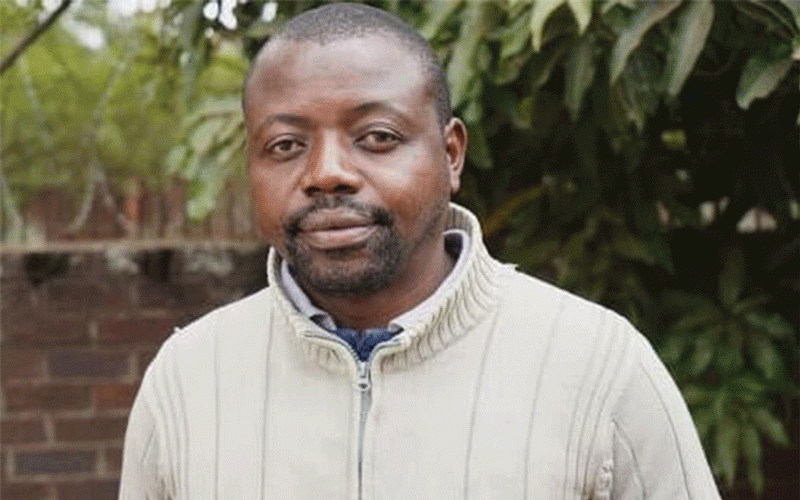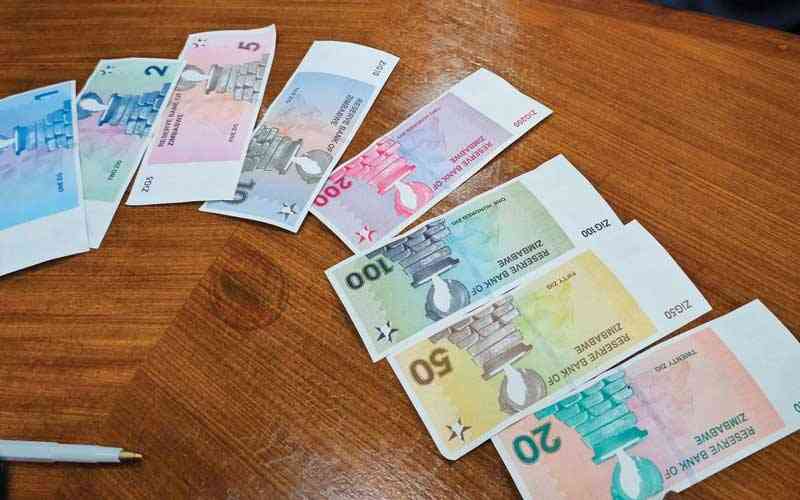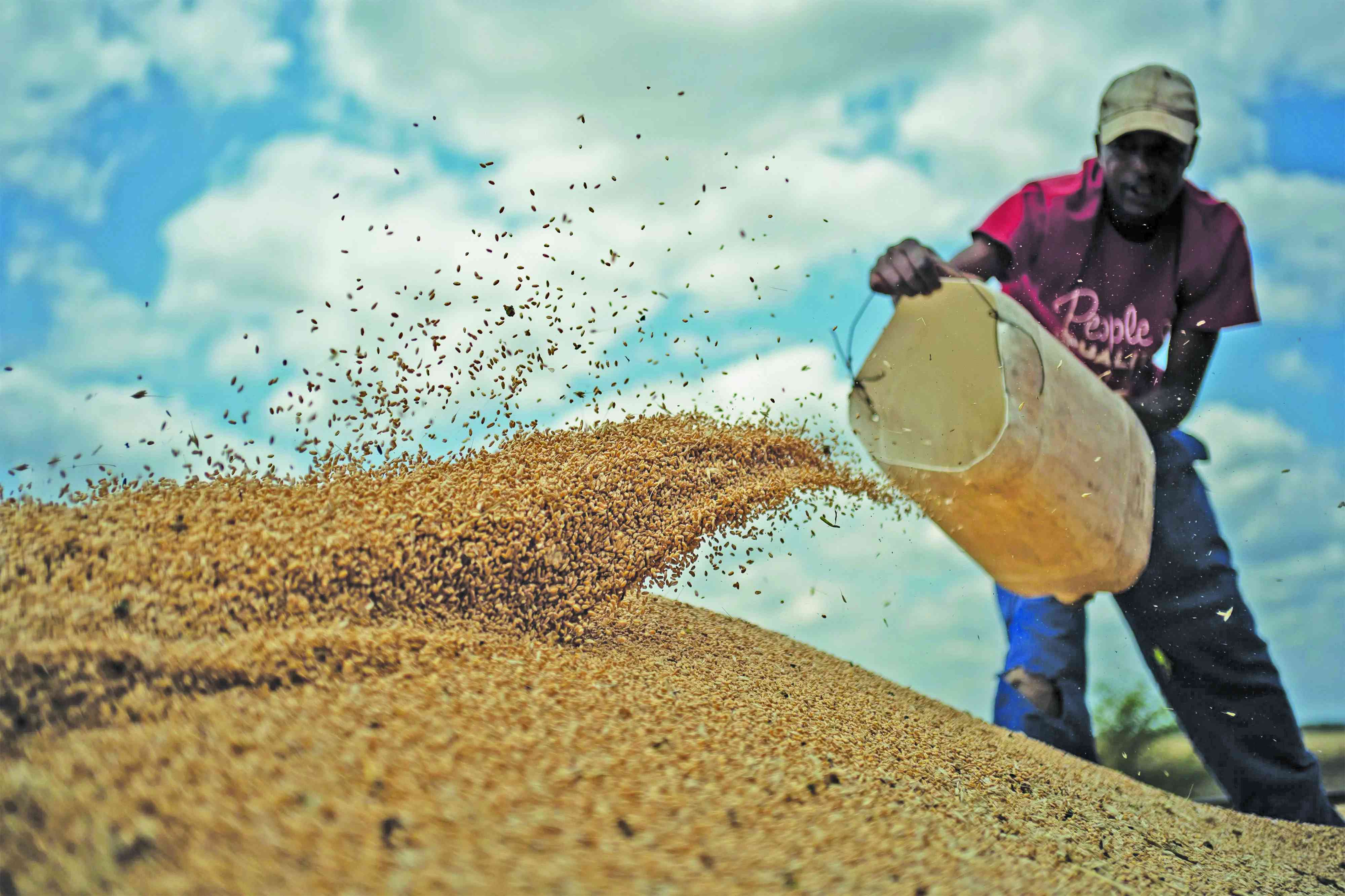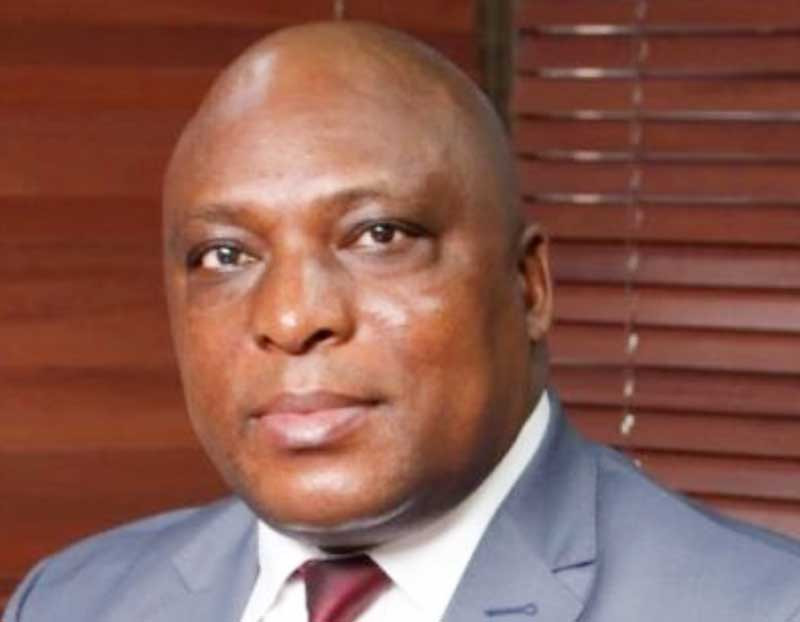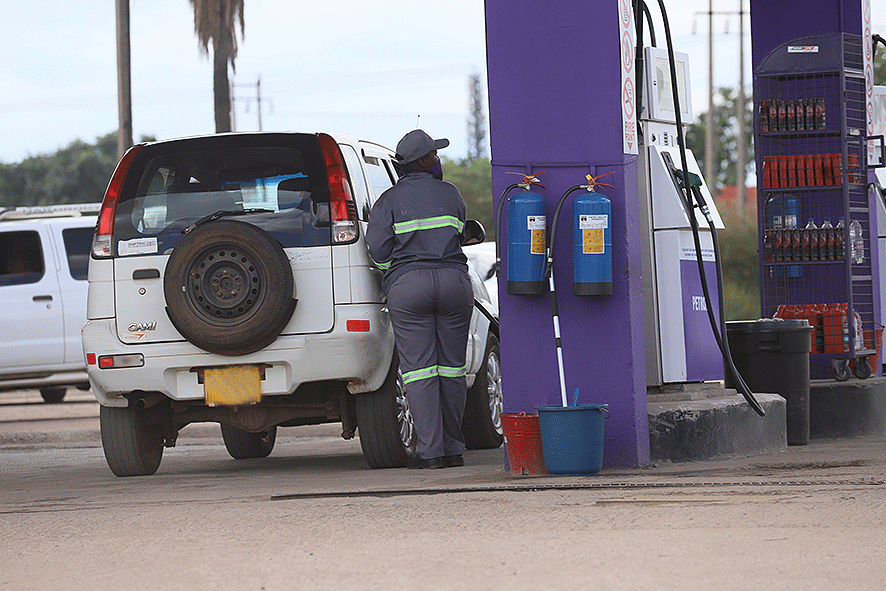
IN a rare move over an unpopular policy, the government seems to have taken a step back from raising the prices of fuel further.
According to reports, President Emmerson Mnangagwa has directed his government to reduce taxes on fuel to make the pump price affordable.
As a refresher, last week the government shocked the nation by raising the price of fuel twice in one week to US$1,67 and US$1,68 for petrol and diesel, respectively. Reports suggest a third increase was in the offing but was scrapped by the alarmed government.
The government has since blamed the fuel increases on the ongoing unprovoked invasion of Ukraine by Russia, causing global oil prices to hit a record US$139 last week on Monday.
Russia accounts for an estimated 12% of the total global oil supply, but, however, the international price of brent crude oil seems to be stabilising, standing at about US$113 per barrel at the weekend.
In light of the Russia/Ukraine conflict, the government said last week that until the issue between the two countries was resolved there would be weekly fuel price increases.
So, Mnangagwa telling government departments to lower the fuel costs confirms that the problem in Zimbabwe is not international oil prices, but the cost build-up (the cost structure used in pricing fuel) where more than 50% of the costs are taxes to various government departments.
These are free on board charges, freight, duty, Zimbabwe National Roads Administration road levy, carbon tax, debt redemption, strategic reserve levy and storage.
- Chamisa under fire over US$120K donation
- Mavhunga puts DeMbare into Chibuku quarterfinals
- Pension funds bet on Cabora Bassa oilfields
- Councils defy govt fire tender directive
Keep Reading
Other charges are clearing agency fees, financing cost, inland bridging cost, storage and handling costs and secondary transport costs.
Thus, it is quite obvious that our prices are needlessly going up.
If you need further comparison, look at the fuel prices in the Southern African Development Community (Sadc).
Angola charges US$0,33 and US$0,28 per litre of petrol and diesel, respectively, Mozambique (US$1,08 and US$0,96), Botswana (US$1,08 and US$1,06), Zambia (US$1,21 and US$1,19), South Africa (US$1,38 and US$1,39), the Democratic Republic of Congo (US$1,04 and US$1,03) and eSwatini (US$1,06 and US$1,05).
The price of petrol and diesel per litre was US$1,20 and US$1,22, respectively, in Lesotho, Mauritius (US$1,41 and US$1,04), Malawi (US$1,42 and US$1,39), Seychelles (US$1,54 and US$1,54), Tanzania (US$1,11 and US$1,07) and Madagascar (US$1,02 and US$0,85).
Lastly, Namibia was charging US$1,13 and US$1,14 per litre of petrol and diesel, respectively.
What this points to is that our fuel price is not determined solely by international oil prices, as the Sadc average is US$1,14 and US$1,08 per litre of petrol and diesel, respectively.
Apart from instructing the government to lower the fuel taxes, Mnangagwa must go further, to remove monopolistic tendencies in the fuel sector, arbitrage opportunities need to be reduced to zero, and there needs to be increased social spending.
Fuel price increases caused massive protests in January 2019, and if a proper plan to address fuel shortages is not put in place, people may protest once more, even in the face of the army.



